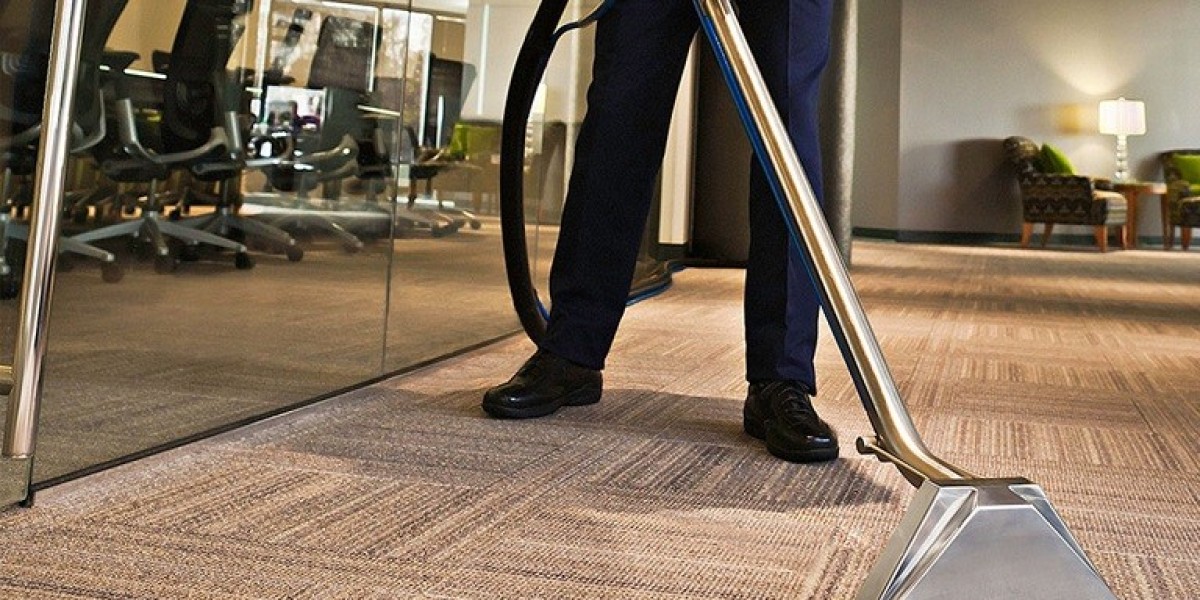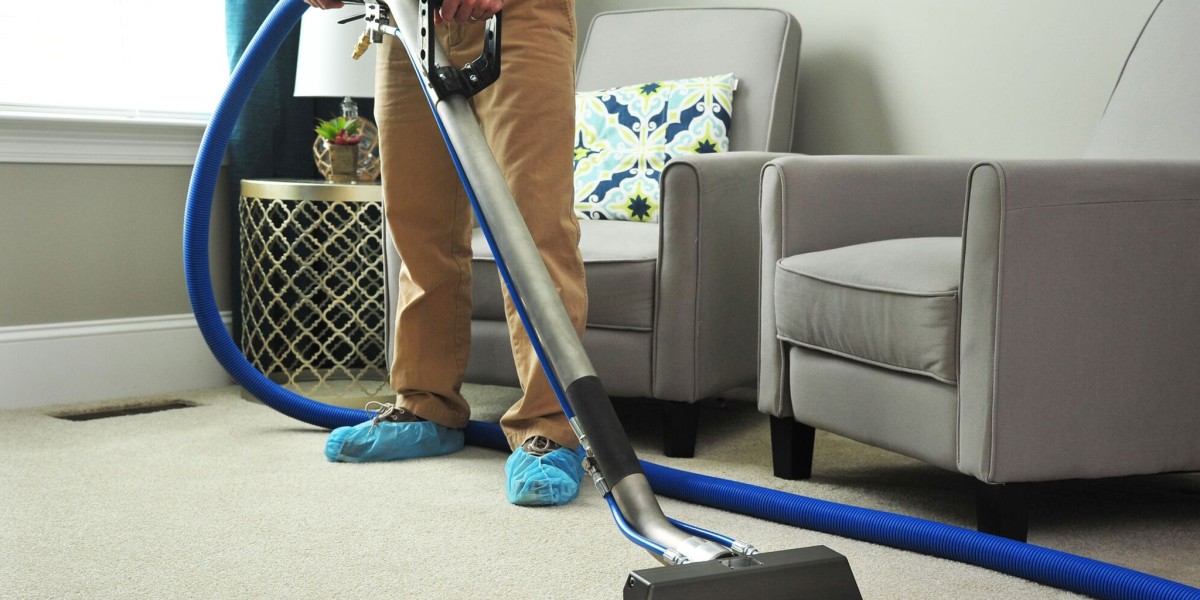In the UK, the humble paper napkin has long been a symbol of cleanliness, convenience, and etiquette. Whether it's a quick lunch on the go, a fine dining experience, or a large public event, paper napkins remain an essential part of British food culture. But beyond their everyday use, the story of paper napkins in the UK is evolving—shaped by sustainability concerns, changing consumer habits, and innovations in design.
A Brief History of Paper Napkins
While cloth napkins have existed for centuries, the paper napkin is a relatively modern invention. First introduced in the UK in the early 20th century, paper napkins offered a disposable and hygienic alternative to cloth. Their popularity grew quickly in restaurants, cafes, and households, especially with the rise of fast food and takeaways in the post-war era.
Today, paper napkins are a standard feature across the UK’s hospitality industry and homes. Available in various sizes, colours, and ply thicknesses, they serve both functional and decorative purposes.
Types of Paper Napkins Available in the UK
In the UK, paper napkins are available in an array of types to suit different needs:
Standard 1- or 2-Ply Napkins: Commonly used in fast food outlets and cafés, these are cost-effective and lightweight.
Luxury or 3-Ply Napkins: Thicker and softer, often used in fine dining or catered events for a more premium experience.
Cocktail Napkins: Small square napkins typically used at bars or for serving canapés.
Lunch and Dinner Napkins: Larger and more absorbent, designed for use during meals.
Custom Printed Napkins: Popular with events, weddings, and branded establishments for logos or themed designs.
Eco-Friendly and Recycled Napkins: Growing in popularity as sustainability becomes a higher priority.
Use Across Sectors
1. Hospitality Industry
Restaurants, hotels, and cafés across the UK rely heavily on paper napkins for both hygiene and presentation. A neatly folded napkin adds an element of class to a table setting, while high-absorbency napkins ensure guests can comfortably enjoy their meal without mess. Many establishments now choose colour-coordinated or branded napkins to reinforce their identity.
2. Event Catering and Parties
Paper napkins are indispensable at weddings, corporate events, festivals, and birthday parties. They offer a balance of style and function, with countless colours and designs available to match any theme. In particular, personalised napkins have become a big trend for special occasions in the UK.
3. Takeaway and Fast Food Services
With the rapid rise of food delivery and takeaway services, disposable napkins are routinely included in every order. Their compact size and affordability make them ideal for businesses wanting to maintain hygiene without adding cost.
4. Domestic Use
Paper napkins are also common in UK households, particularly for informal meals, picnics, or children’s parties. While some homes still favour reusable cloth napkins for dinner settings, paper remains a quick and convenient option for daily use.
Environmental Impact and the Push for Sustainability
One of the major concerns surrounding paper napkins is their environmental impact. Traditional napkins are single-use items, and when not disposed of properly, they contribute to landfill waste. However, the UK is seeing a shift toward eco-conscious living, and this is reflected in napkin production and usage.
Many British manufacturers now offer recycled paper napkins, made from post-consumer waste or sustainably sourced paper. Some brands also offer unbleached or dye-free napkins, which are less harmful to the environment and easier to compost.
The move toward compostable and biodegradable napkins has gained momentum as well. These options break down naturally when disposed of correctly, especially in commercial composting facilities, reducing the long-term impact on the environment.
Consumers and businesses alike are increasingly seeking out products that align with environmental values. Retailers such as Waitrose, Tesco, and online eco stores have started stocking more eco-friendly napkin alternatives, often clearly labelled with sustainability certifications like FSC (Forest Stewardship Council).
Innovations in the Paper Napkin Market
As competition in the UK packaging and hospitality supply sector grows, innovation has followed. Recent trends include:
Customisation: Small businesses and event planners are opting for digitally printed napkins featuring logos, quotes, or graphics for branding and ambience.
Textured and Embossed Designs: These offer a more premium feel and appearance, ideal for formal events and high-end restaurants.
Multi-use Napkins: Heavier-duty paper napkins are now being made to last an entire meal, reducing the need for multiple sheets.
Cost and Accessibility
Paper napkins remain one of the most affordable disposable items in the UK hospitality sector. Bulk buying from wholesalers such as Booker, Costco, or online platforms like Amazon UK allows businesses to keep costs down while maintaining hygiene standards.
For households, packs of 50 to 100 napkins are readily available at supermarkets, pound shops, and high street retailers like Wilko and The Range. Prices vary depending on quality, ply, and branding, but they remain a budget-friendly item for most consumers.
Final Thoughts
In the UK, paper napkins have evolved from a simple hygiene tool to a multi-functional item central to dining, events, and food service. They offer convenience, style, and practicality—but now, increasingly, they are also about sustainability.
As British consumers and businesses become more environmentally conscious, the paper napkin industry is adapting. From recycled materials to biodegradable options, the future of paper napkins in the UK looks set to be greener, smarter, and more customer-focused.








